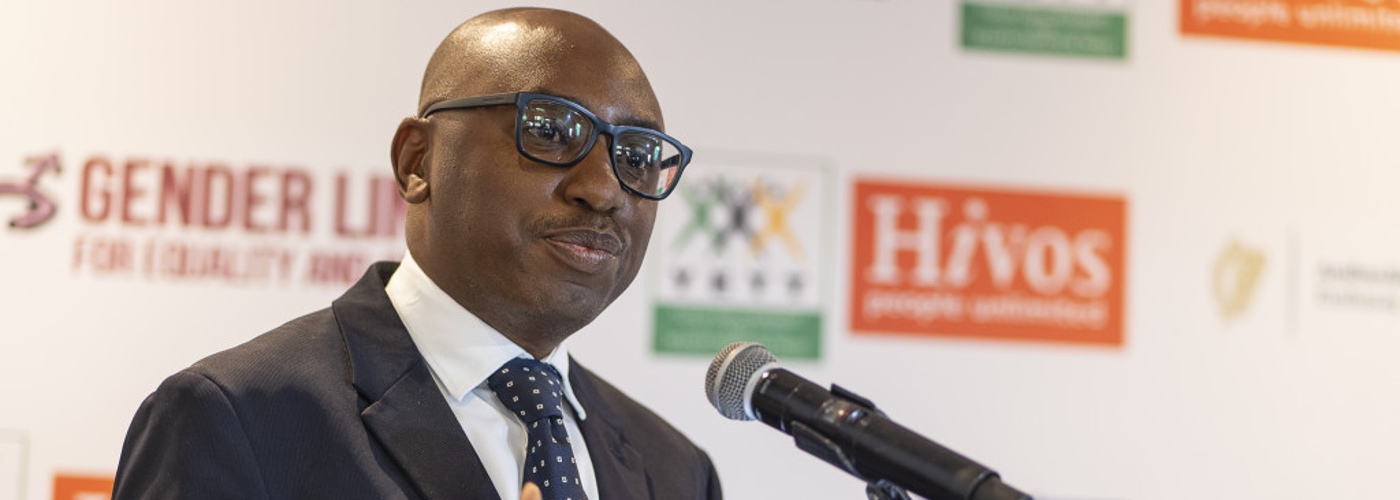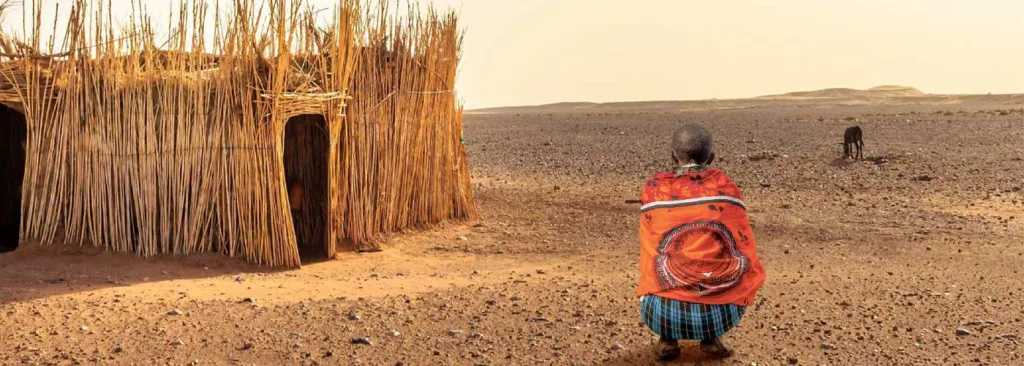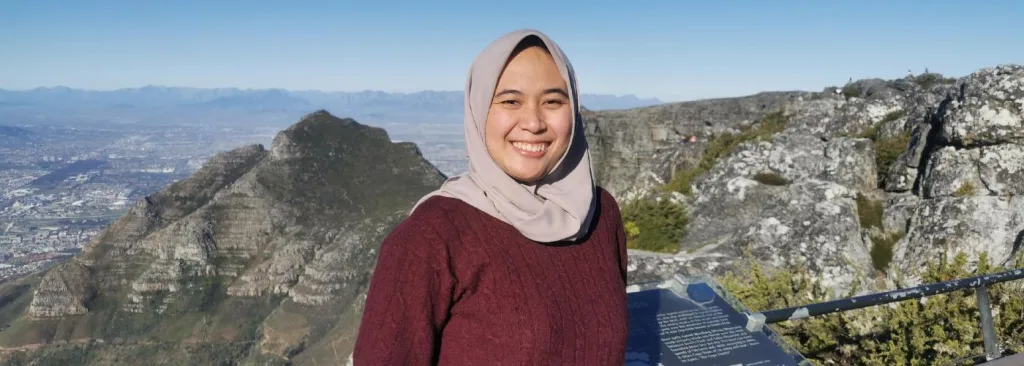Africa Climate Summit: a critical opportunity for collective action on climate change
August 30, 2023
By Kennedy Mugochi, Director of Hivos East Africa
As an African, I have seen first-hand the devastating effects of climate change. I have met communities displaced by floods in Malawi, Mozambique and Zimbabwe. I have spoken to farmers from Northern Kenya who have lost their crops to drought. These experiences have made me acutely aware of how urgent it is to address the climate crisis.
In fact, the world stands perilously close to breaching the threshold of a 1.5C degree temperature rise, beyond which unimaginably catastrophic and irreversible climate impacts will ravage Africa and the world. Yet, the rich countries that caused this crisis are still refusing to give up their addiction to fossil fuels and are still short-changing the Global South on the funding needed for climate action.
A crucial opportunity to tackle these challenges
Next week, African leaders have a crucial opportunity to tackle these challenges. The Africa Climate Summit, hosted by the government of Kenya from September 4 to 6, will bring together heads of state and ministers, as well as representatives from civil society and the private sector.
The summit is the moment for African leaders and civil society to agree on a strong action platform, not only for pan-African measures but also for global decisions due to be taken at the UN global climate summit (COP28) this November.
Achieving a robust common agenda depends on three key factors:
A people-centered approach: The summit must put the needs of the people at the heart of its deliberations. The voices and needs of women, youth, Indigenous people, and others most vulnerable to climate impacts must be given priority over those of foreign companies and donors.
A justice approach: This means making sure that the benefits and costs of climate action are equitably distributed. Both within countries, so that women, informal workers, Indigenous people, and other vulnerable groups don’t lose out. And between countries, so that rich countries, which have done most to cause the crisis, shoulder more of the burden than developing countries. These two principles of justice should underpin the summit’s outcomes.
A collaborative approach: The summit must be a genuine collaborative effort between governments, civil society, and the progressive private sector. Only by working together can we achieve the necessary changes. Too much influence by particular interest groups will likely compromise the summit’s outcomes.
However daunting as it may appear, I appeal to African leaders to take a united approach during the summit that will benefit the people of Africa in the long run.
Three vital areas for the summit to produce clear outcomes:
Firstly, Africa and the world must rapidly transition away from fossil fuels. African governments and foreign donors and investors must put an immediate stop to the expansion of the fossil fuel industry and ensure that no new fossil fuel projects are financed, licensed, or constructed. Foreign partners must help finance a managed and just phase-out of existing fossil capacity.
Secondly, divert investments and subsidies from fossil fuels to Africa’s vast renewable energy potential. But the priority should be to spur inclusive, gender-transformative and sustainable development within Africa, not to satisfy the appetites of foreign countries and companies. As Hivos has demonstrated in its ENERGIA program, decentralized, community-owned, renewable energy solutions are key to create opportunities and jobs for women, small and micro businesses, youth, farmers and other economically marginalized groups.
Lastly, the summit must loudly redouble Africa’s calls for a transformation of the global climate finance system. Africa needs massively increased, non-debt creating finance for adaptation and loss and damage, as well as for the energy and food transitions. And we need more democratic and inclusive institutions to govern climate finance. This means not only giving governments of developing countries a fair say, but also bringing most-affected communities to the table. A portion of global and national funding should be set aside for local communities to directly access and manage.
The African Climate Summit is a critical opportunity for African leaders to take action on climate change. I urge them to seize this opportunity and make bold commitments to protect the planet and its people.
Together, we can build a fairer, more sustainable future for Africa and the world.




